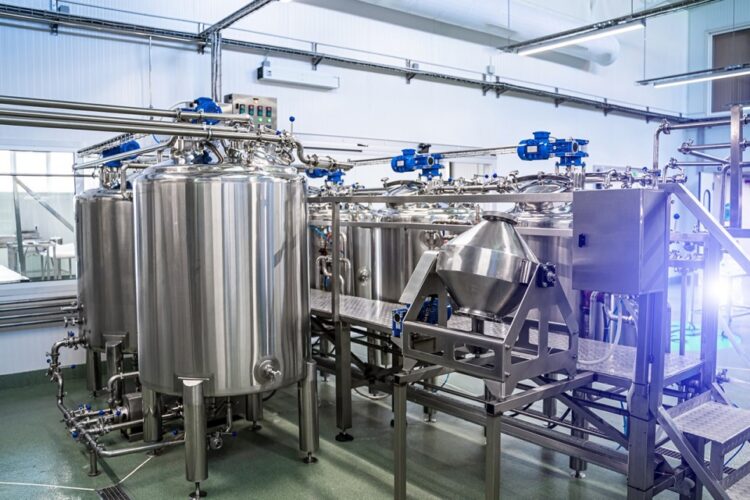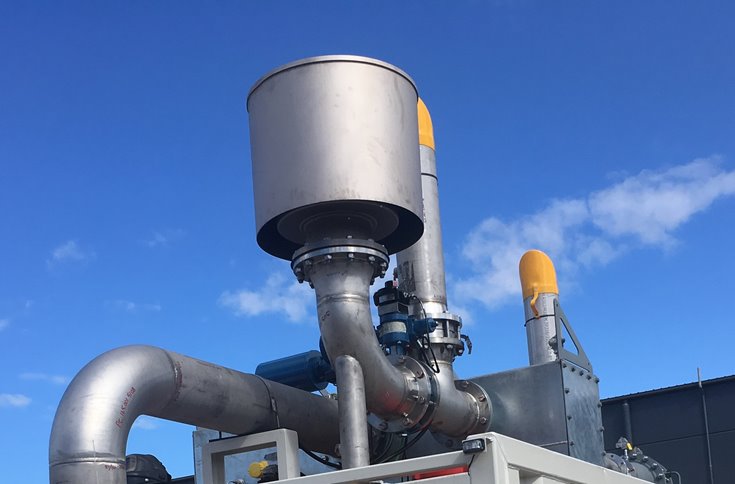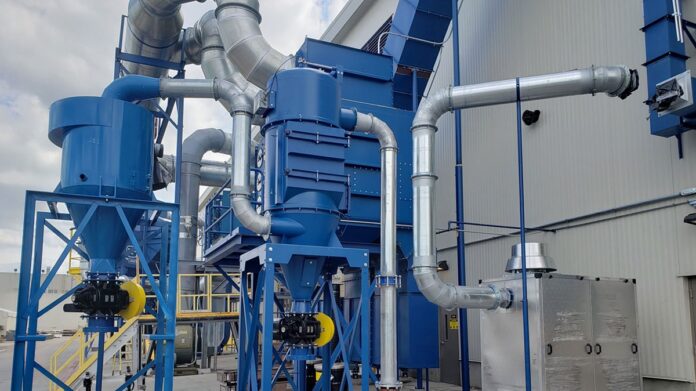Industrial filtration might not be the most glamorous topic in the grand scheme of things, but it’s a crucial cog in the machinery of modern life.
Whether you realize it or not, filtration plays a significant role in many industries, from manufacturing to healthcare. So, grab a cup of coffee, settle in, and let’s dive deep into the world of industrial filtration in a way that’s easy to digest.
What’s Industrial Filtration, Anyway?
To understand industrial filtration, let’s start with the basics. At its core, it’s all about separation. It’s like a sieve for the big, imperfect world of industry.
The primary goal is to remove unwanted particles, impurities, or contaminants from a fluid, such as a liquid or a gas. Picture it as a gatekeeper, allowing only the clean and desirable elements to pass through while blocking out the undesirables.
Why is Industrial Filtration Important?

Let’s put it in everyday terms. Imagine you’re at your favorite bakery and craving a freshly baked loaf of bread. But their flour must be filtered and full of clumps and debris. Would you want to sink your teeth into a slice of that bread?
Probably not. Industrial filtration is like sifting flour to get rid of the junk, ensuring the final product is pure, high-quality, safe, and efficient in the case of industrial processes.
The Basics of Filtration
So, how does it work? Thankfully, it’s not rocket science. At its core, filtration is about passing a fluid through a filter medium that catches the unwanted stuff. Think of it like a coffee filter. You pour your coffee through it, and it traps the coffee grounds, giving you a clean brew.
In the industrial world, the filter medium can vary significantly. It could be a mesh screen, a paper filter, or even a bed of sand. The choice depends on the specific application and what needs to be filtered out.
Types of Industrial Filtration
Liquid Filtration
This is one of the most common types of filtration and is used across a wide range of industries, from food and beverage to pharmaceuticals. Liquid filtration can take many forms, and its applications are as diverse as the industries that rely on it.
For instance, in the food and beverage industry, liquid filtration clarifies juices, removes impurities from cooking oils, and ensures beer quality by eliminating sediments. The pharmaceutical sector is indispensable for producing pure medications and vaccines.
Even in wastewater treatment plants, liquid filtration is critical in purifying water before it’s released into the environment.
Air Filtration
How do those extensive HVAC systems keep the air in your office crisp and clean? That’s air filtration at work. Air filtration isn’t just about making the air smell better; it’s about safeguarding our health and the health of our environment.
In homes, air filters remove dust, pollen, and allergens, ensuring that the air you breathe is free of harmful particles. Air filtration is vital in industrial settings for maintaining air quality and safety. For instance, in cleanrooms used in electronics manufacturing, filters prevent microscopic particles from damaging delicate components.
Gas Filtration

In industries like natural gas production, gas filtration is crucial. It ensures that the gas you use at home is free of impurities that could damage appliances or pose safety risks.
Gas filtration is also essential in chemical processing, where maintaining the purity of gases used in reactions is critical. Without effective gas filtration, corrosion, contamination, and equipment malfunction can result in costly production disruptions.
Oil Filtration
In the world of machinery, oil is the lifeblood. Oil filtration ensures that the oil circulating through engines and hydraulic systems remains clean, preventing wear and tear. This type of filtration is common in various sectors, from automotive to heavy industry.
For example, an automobile’s oil filter helps remove particulates and contaminants from the engine oil, extending the engine’s lifespan and ensuring optimal performance. Sophisticated oil filtration systems protect costly machinery from premature failure in large industrial plants.
Solid-Gas Filtration
Think of a coal power plant. It must filter out ash and other solid particles from the flue gas before releasing it into the atmosphere. That’s solid-gas filtration. This process is crucial for reducing air pollution and ensuring compliance with environmental regulations.
In the metallurgical industry, solid-gas filtration captures dust and fumes, preventing them from escaping into the surrounding environment and harming workers and the community.
Choosing the Right Filter
Selecting the right filter for the job is like choosing the right tool for a DIY project. It matters. Several factors influence the choice, including the type of fluid, the size of particles you want to filter out, the flow rate, and the level of filtration required.
Maintenance Matters

Filters aren’t set-and-forget devices. They need regular maintenance to work effectively. Over time, the trapped particles accumulate, clogging the filter. This can reduce efficiency and, in some cases, even damage equipment. So, cleaning or replacing filters on schedule is essential.
Environmental Impact
Now, let’s talk about the green side of filtration. While filtration helps protect the environment by removing pollutants, it can also have an environmental impact due to the disposal of used filters. Many industries are actively exploring ways to recycle or safely dispose of filter media to reduce this impact.
Innovation in Filtration
The world of industrial filtration is evolving, just like everything else in our fast-paced world. New technologies, such as advanced filter materials and automation, make filtration more efficient and environmentally friendly. These innovations are improving the performance of filters and reducing energy consumption and waste.
Conclusion
So, there you have it—a comprehensive exploration of industrial filtration that’s as clear as crystal. From keeping your car running smoothly to ensuring the air you breathe at work is clean and safe, filtration is omnipresent. It’s one of those unsung heroes who quietly work behind the scenes to improve our lives.
Next time you sip your morning coffee, take a moment to appreciate the filter that made it possible. Industrial filtration might not be glamorous, but it’s vital. It’s all about keeping our world clean and running smoothly, one filter at a time.







